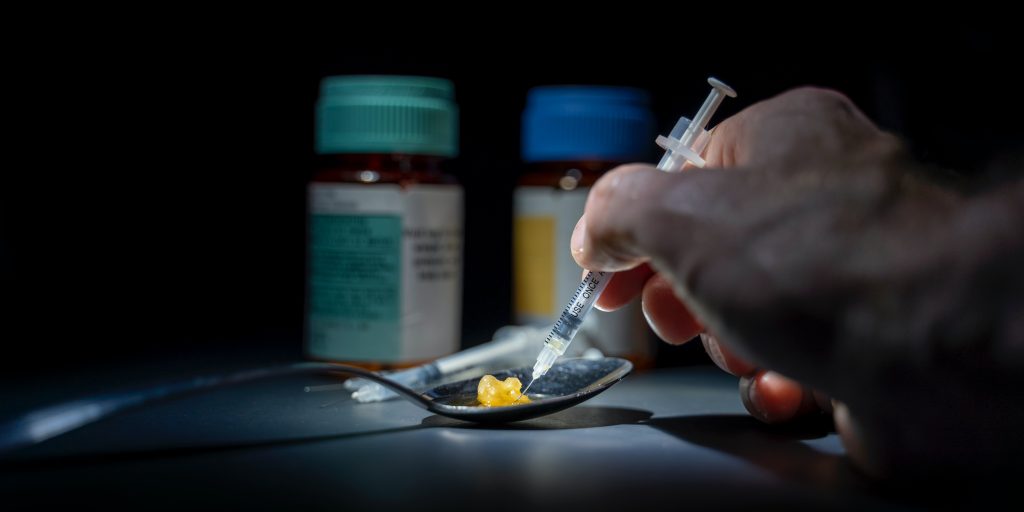In a public health crisis, data analytics can be a lifesaver
Today, many states are fighting two different battles, both of which are costing thousands of lives. On one front, there’s the opioid epidemic, which some say may be worse than we originally thought. On another front, a new enemy emerged this year in the form of COVID-19, a pandemic the likes of which we haven’t seen in generations, if ever.
When it comes to combating each of these crises, data-driven knowledge is power. Just as data analytics provides first responders and government agencies with real, life-saving results in the fight against the opioid epidemic, data is being used to improve the response to and recovery from COVID-19.
Virginia is applying the same data sharing and analytics strategies and infrastructure that it uses to address the opioid epidemic to inform its COVID-19 response.
The Commonwealth of Virginia’s data-driven initiative to fight opioids
In 2018, Virginia Governor Ralph Northam unveiled the Framework for Addiction Analytics and Community Transformation (FAACT) program. Developed by Qlarion, the FAACT platform combines data analytics with a community-led effort that brings together information from multiple state and local organizations to create a better way to combat addiction and crime within local communities.
FAACT analyzes, correlates, and displays data in ways that make immediate sense to Commonwealth leaders. For instance, a simple line graph compiled from 80,000 police records can indicate which day of the week a drug abuser is more likely to use a selected drug in any given county.
Analysts can also use historical data to identify trends that can be used to proactively treat addiction. For example, if a historical correlation between childhood trauma and later drug addiction is observed, that data can be used to determine how to focus treatment and services to other at-risk youth.
Notably, FAACT also looks at social determinants of health to determine the likelihood of opioid addiction. Social determinants of health include age, ethnicity, education, location, and other factors that can impact a person’s health and potential for risk.
Virginia originally created FAACT specifically to address the state’s opioid problem, but with the advent of COVID-19, it saw an opportunity to apply the platform to this new challenge. The same platform, the same strategy, applied to a different public health threat.
Using the same data analytics platform to fight two battles
COVID-19 and the opioid epidemic are both very different challenges requiring different responses. The opioid epidemic has been insidiously infecting communities for years, while COVID-19 took off suddenly and exponentially.
Yet despite these differences, there are underlying commonalities. In each case, it’s important for states to be able to understand where cases are rising, the demographics of those affected, and where resources are currently available. With COVID-19, there’s the added need to understand what containment measures are working well, and where. All of this information can be compiled, analyzed, and shared within the FAACT platform.
Social determinants of health are important in both instances, too. In the case of COVID-19, data pertaining to people with underlying conditions can be used to infer who might be more likely to contract or succumb to the virus. That information can be used to determine who in the population might be more susceptible. Again, this is something that FAACT already does for opioids and translates easily to data pertaining to COVID-19 cases.
Had Virginia not already had the FAACT platform in place, it may not have been as readily prepared to analyze COVID-19’s impact on its communities. It can take time, resources, and legal hurdles for states to develop and implement a single data analytics platform to address a statewide challenge. But the benefits are clear.
Data powers the victories that matter
Once a data analytics platform is implemented, and the appropriate legal and technical infrastructure has been put in place, it can be used it to fight very different yet equally important battles. In the case of COVID-19, a data analytics platform grants states access to real-time data that can inform all aspects of their response and recovery – from allocation of critical resources, such as ventilators, to the safest approach to a phased reopening of their economy.
Importantly, states will also have a solution in place for when the next public health crisis arises.
Jake Bittner is CEO of Qlarion, a data and analytics firm that specializes in government innovation.




















